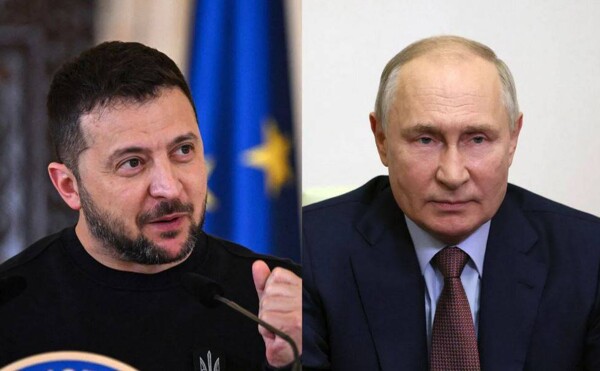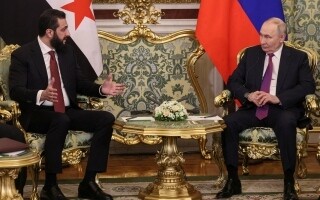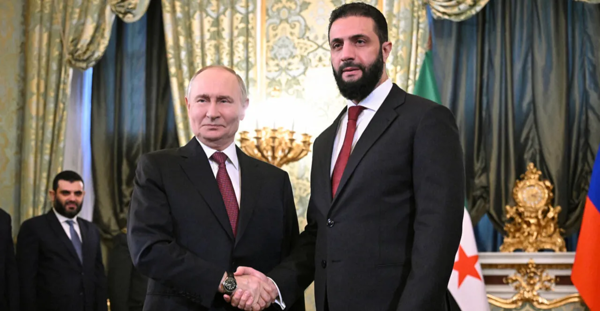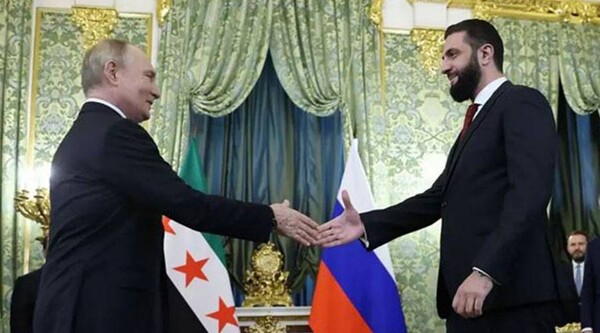
The Kremlin responded to the new European initiative for a settlement in Ukraine, stating that financing the Ukrainian Army is not a peace plan. Dmitri Peskov, the Kremlin spokesperson, mentioned that statements about the need for financing for Ukraine can be interpreted as support for military actions rather than promoting peace.
At the informal summit held in London, the possibility of European countries guaranteeing Ukrainian security in the event of an agreement with Russia that ends the conflict was discussed. Peskov indicated that the effectiveness of this approach would depend on the peace plans presented.
The Kremlin spokesperson also mentioned the fragmentation in the positions of various Western countries regarding Ukraine, pointing to the existence of a "war party" willing to support military operations in the country without moving towards peace conditions.
José Manuel Albares, Spain's Foreign Minister, emphasized the importance of a political and diplomatic effort to ensure lasting peace in Ukraine, considering it premature to send Spanish troops to the country. Albares stressed the need for a clear concept of peace and an increase in defense spending in case of a threat to Europe.
The President of the Spanish government, Pedro Sánchez, expressed his support for the pursuit of peace in Ukraine and advocated for an approach that guarantees a fair and lasting solution. In this regard, the proposal to work on a peace plan involving Ukraine, France, and other European countries, to be discussed later with the United States, was highlighted.
Albares emphasized the importance of analyzing Europe's needs in terms of security and military capabilities, as well as the protection of key sectors such as energy and industry. In a context of significant global changes, there is an urgency to strengthen European defense and other fundamental aspects to ensure stability and competitiveness in the region.














